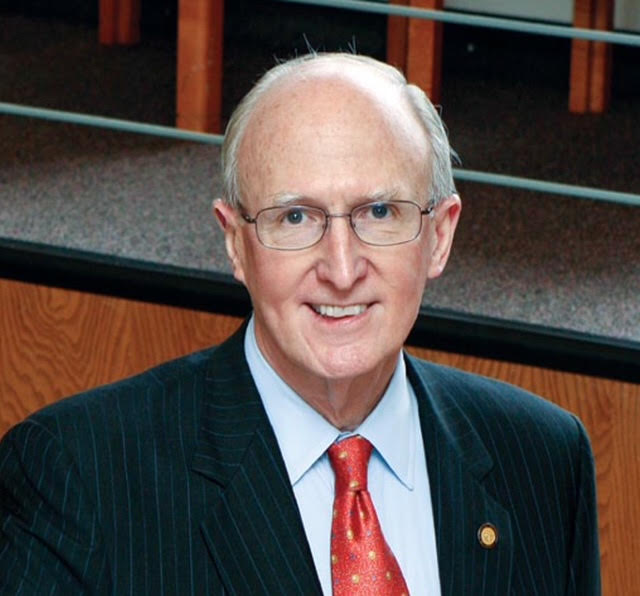Do you sometimes feel unappreciated? How often do we hear the complaint that people don’t feel appreciated enough, or worse, they don’t feel appreciated at all?
It is basic human nature to want to feel acknowledged and grateful for a job well done, for our efforts, our time, our talents, our skills. A simple “thank you” goes a long way.  Sometimes, in our personal life, we may feel unappreciated by our own family members. Even friends and acquaintances sometimes seem to take our friendship for granted. Often, we see a lack of acknowledgment in our business lives from bosses and co-workers. Sometimes it is even a fair and generous boss who is not appreciated by his or her employees.
Sometimes, in our personal life, we may feel unappreciated by our own family members. Even friends and acquaintances sometimes seem to take our friendship for granted. Often, we see a lack of acknowledgment in our business lives from bosses and co-workers. Sometimes it is even a fair and generous boss who is not appreciated by his or her employees.
The same can be said about people who dedicate themselves to a particular organization, like a political cause or a humanitarian project. Too many give their time, their finances and their support to causes they believe are important, only to be disappointed by the lack of “thank you” and acknowledgments. Devoted employees, who often at the expense of precious family time, find that a promotion or bonus for hard work, never materializes.
Our elders expound on this theme saying, “When the wicked are in trouble, they are submissive, but when their trouble is ended, they return to their wicked ways.” This is exactly what happened between the Biblical Joseph and Pharaoh. When Pharaoh needed Joseph to help save Egypt’s failing economy, Joseph and his family were shown tremendous appreciation and treated royally. Once life was going well, Pharaoh seemed to develop a sense of amnesia about Joseph’s contribution on behalf of the community. Gone were the “thank you” and other tokens of appreciation. It makes no sense. This psychopathology-passive aggressive, schizophrenia, split personality, call it what you want, it was a total reversal and it was wicked. A real Dr. Jeckle/Mr. Hyde scenario.
So, how should we handle this in a practical matter? The best remedy is the little voice in our head that says, “Do the right thing! Do what our Heavenly Father expects from you.” Even if there is someone’s voice in our mind instructing us to do otherwise, we should not listen, and not stop helping others or lose faith in humanity, just because we did not receive immediate appreciation.
It is important to look at the bigger picture, the future results of maintaining our “do the right thing” attitude instead of the selfish and wrong “what is in it for me?” This is called keeping your eye on the target, adding spirituality and meaning to the world, and increasing good and pure virtues which are the pillars of existence. It requires wisdom, truth, faith and patience. Perspective has its advantages. Keeping one’s perspective on the bigger world prevents the disease known as “small mindedness.”
Always try to be the best person you can, serve those around you with all your heart and soul, and all your resources. Do what you do with a full heart, and do not do unto others what is hateful to you. If you receive the appreciation you deserve, well that is wonderful. However if you don’t, then pat yourself on the back and learn to appreciate yourself. Give yourself positive feedback and respect. Don’t make decisions only because of applause or overt reward.
Be part of the community. Help your community and stay involved. Follow the paths of peace. Let us be wise, brave and enthusiastic about our time on this earth. Let us make a wonderful difference and let us always strive to show others appreciation and spread the message of “thank you.” Let us remember, that G-d, the Creator of the universe, watches all our deeds and we should pursue our daily actions for the sake of heaven.
So, appreciate yourself. Be your biggest fan. Stay humble because you were created by G-d to do good. If you want more appreciation, start by showing others more appreciation.































